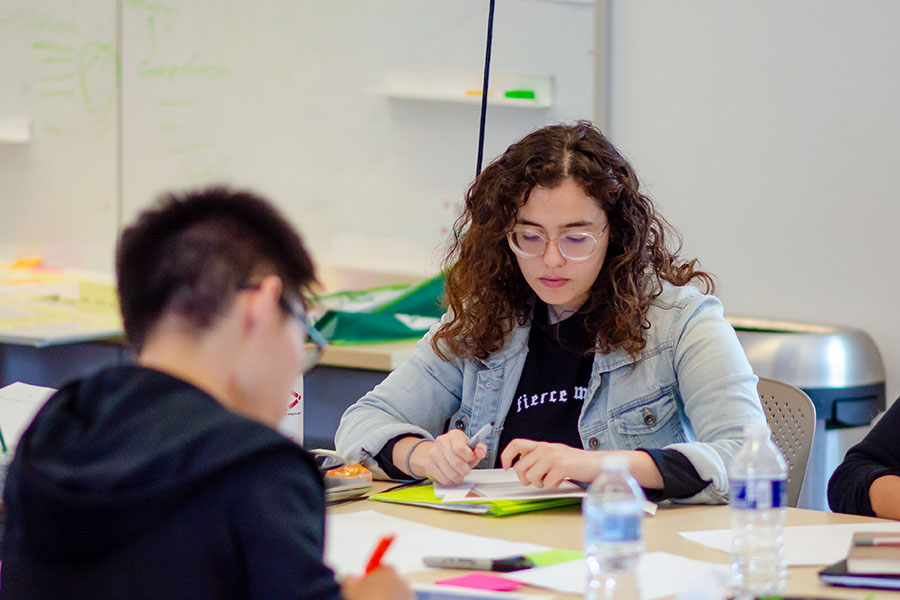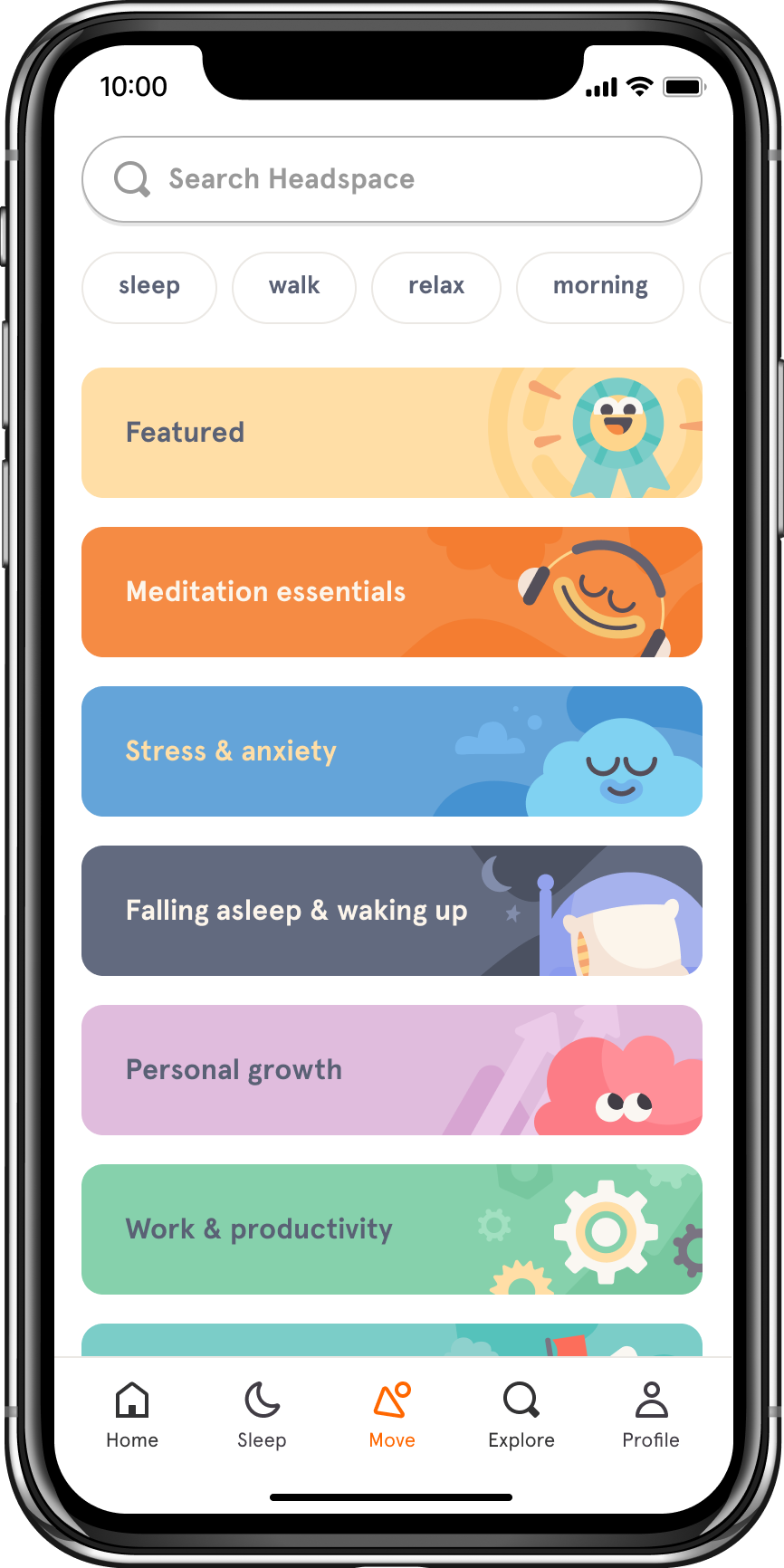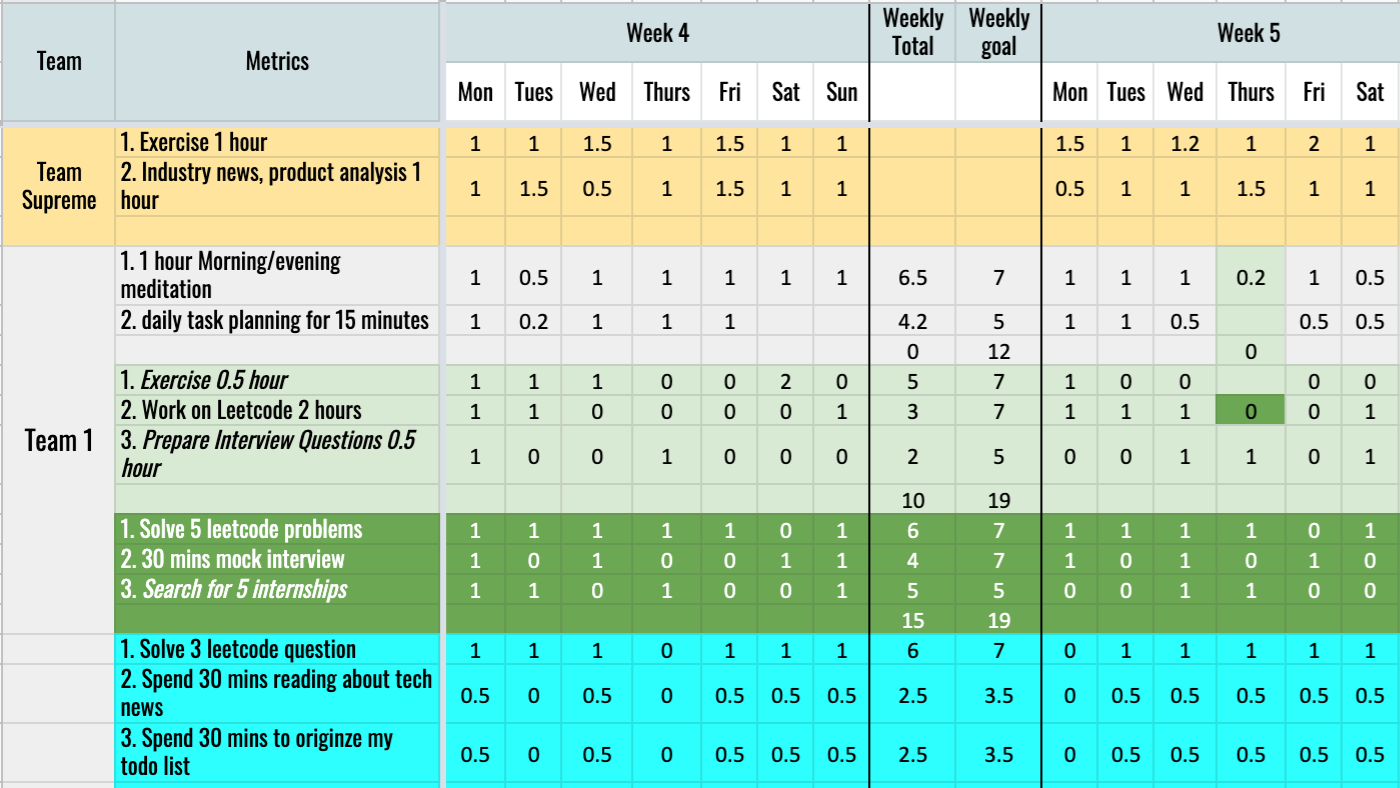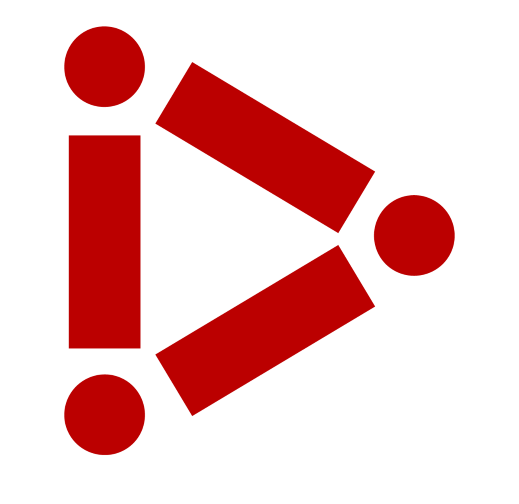
Very Well: A Bicoastal Commitment to Personal Wellness and Growth
By Elizabeth Donaldson
The first five minutes of Jacquelyn Cuccaro’s Leadership Development class are quiet, almost silent. Master of Science in Integrated Innovation for Products and Services students sit at their tables with Airpods in, their eyes closed or gazes gentle and still. They’re meditating.
A timer goes off once the five minutes are up, then class officially begins.
“We take five minutes at the start of class to meditate and let go of emotional control and reset. Nobody leaves meditation feeling angry or flustered,” says Cuccaro.
Before class, minds are racing. Students are on laptops trying finish a project or sending an email. They may be fixating on a tense conversation they had with a team member or worrying about a pending deadline. Meditation requires them to slow down.
Cuccaro uses Headspace, a meditation app available for free to the Carnegie Mellon University community. Students can explore the app, choosing meditation exercises that focus on breathing, sounds, or narratives. Cuccaro says that, though each student is engaged with an independent meditation, the collective practice results in an atmosphere of focus and learning.
“Meditation is brevity: it allows students to take a moment to reflect and refocus. Once they’re done, their attentions are mine for the class,” she shares.

Exploring the Headspace mediation guides
While students were initially surprised by the meditation practice, Cuccaro says that it’s proven to be a valuable exercise in leadership development.
“Meditation helps bring awareness to emotional reactions, so students can better understand their own emotional responses,” Cuccaro explains. The practice of meditation improves self-awareness, teaching students to recognize the prejudices and biases they may unwittingly carry into the classroom. “It’s important to learn about your emotional responses, especially as designers. We’re creatives and we’re really self-critical and sensitive. It’s important that, instead of being tied to our opinions, we listen to them and understand where they’re coming from.”
Cuccaro’s students are encouraged to regularly think about their personal development by adhering to a journaling practice that maps goals, expectations, and reflections. To effectively lead, Cuccaro shares, students must build resilience, consider their mental and physical health, realize their boundaries, and recognize their biases.
At Carnegie Mellon’s campus in Silicon Valley, Professor Catherine Fang is fostering well-rounded leadership by inspiring personal wellness among her Master of Science in Software Management students.
“To be a good student and a good product manager, you have to take care of yourself,” says Fang, a Senior Product Manager at LinkedIn with over fifteen years of product management experience. “I don’t just mean take care of academic studies, but also relationships, health, and professional interests.”
Fang shares that students should set goals to learn technical skills including mobile development, product design, and testing, but they should also set personal goals regarding exercise, relationships, product management skills, and personal interests.
“A good product manager never stops learning,” says Fang. An experienced product manager herself, Fang is exploring resources to grow as a manager and to find new ways to mentor and support young professionals. Her experiences outside of the office have enriched both her professional and personal life, so she encourages her students to look for ways they can achieve fulfilling, life-affirming goals.
In true Software Management fashion, Fang establishes a Daily Priority Management spreadsheet, utilizing Excel formulas to track and quantify student goals. Like Jacquelyn Cuccaro’s designers, Fang’s software engineers and product managers reflect on how they can improve their academic and professional lives.

Sample of Catherine Fang's Daily Priorities Goal Tracker
“It’s important to develop a habit and create a dependable routine,” Fang says. The values students are recognizing and upholding as they create their Daily Priorities are the values that will guide them for the rest of their careers, she adds.
Students learn about the leadership styles of titans like Steve Jobs and Bill Gates, but it's the commitment to professional and personal development that shape how they will guide teams and bring future products to market.
